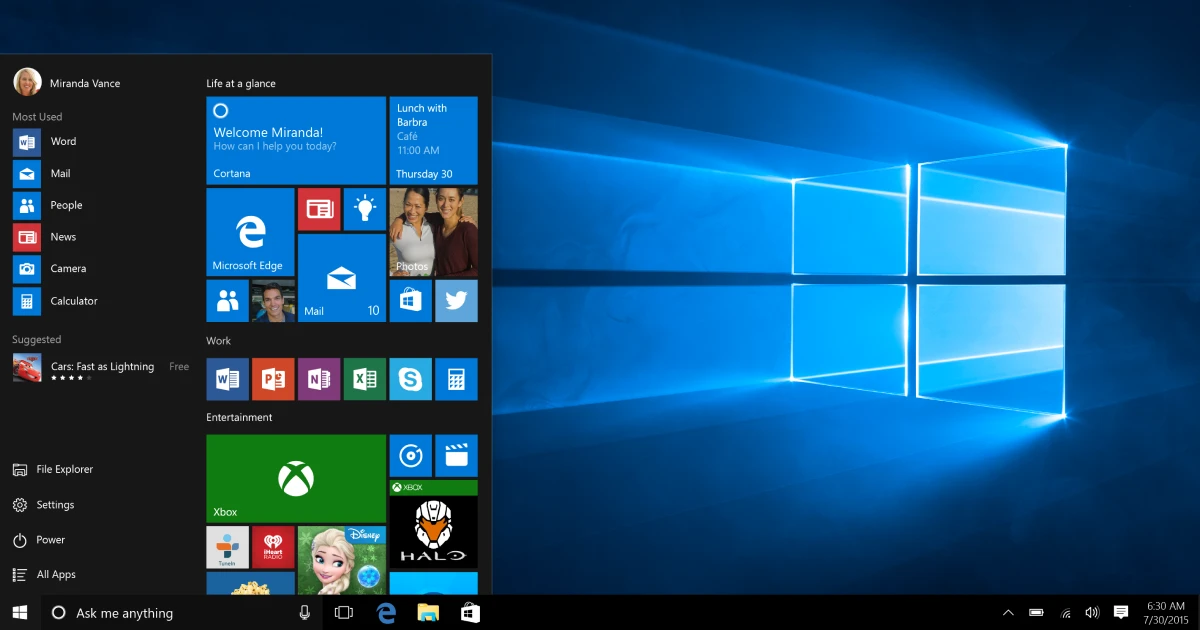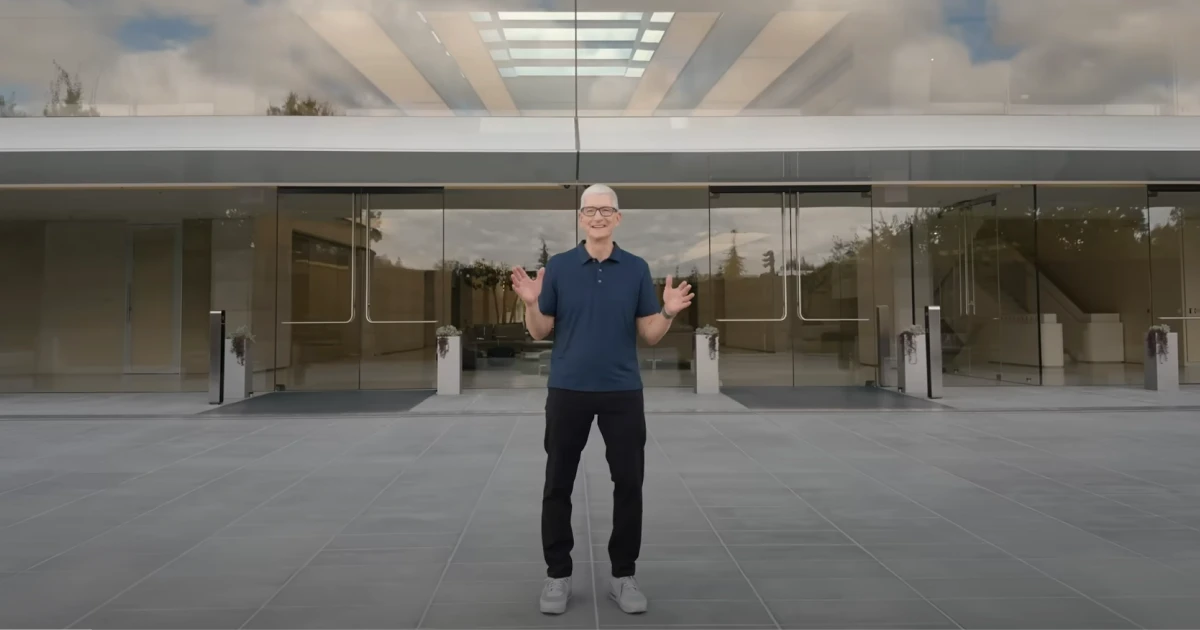The District Court Judge, Amit Mehta, decided back in August that Google has an illegal monopoly over the search industry. Back then, the judge decided to review Google’s dominance over key internet points along with the company’s payment to third parties in order to change Google’s position as the default search engine.
However, the Justice Department suggested other additional measures to change the Google Chrome monopoly, including the option to require the giant to divide its businesses between Google and Android. This Justice Department filing was expected to have resistance from Google and various partners and in response, they suggested some strict actions such as prohibiting the use of Android to disadvantage the search competitors.
In the DOJ Google issue, the Department of Justice stated that in the case where Google does not implement these restrictions, it will be most likely forced to sell off Android.
In addition, the DOJ put some conditions for Google in which the giant will not be able to enter the search market for five years after the Chrome selling deal. Also, is it recommended that the search giant should not be allowed any competitor text search, an AI platform based on queries, or ADS technology.
Google’s response to all of these requirements states that the Google DOJ lawsuit represents a radical move that could have an increased impact on the U.S. tech power globally.
“DOJ’s wildly overbroad proposal goes miles beyond the Court’s decision. It would break a range of Google products — even beyond Search — that people love and find helpful in their everyday lives,”, the Google chief legal officer stated in a blog post.
Also, Google expects that if the DOJ Google lawsuit is closed, the company’s prospects will be completely changed in the AI technology race. Next month, Google plans to file its response regarding the DOJ Google issue.
Stay tuned for more updates!














